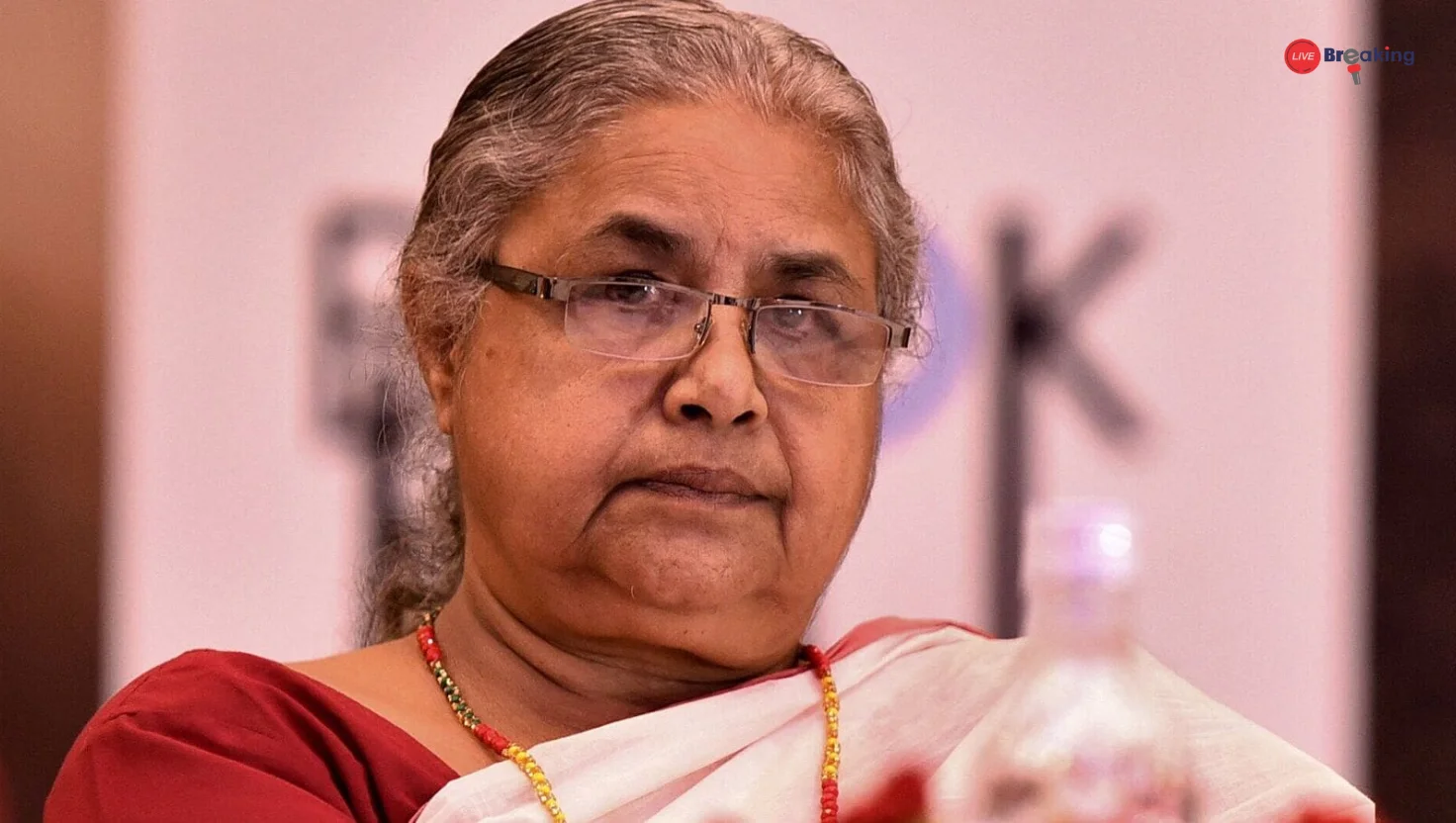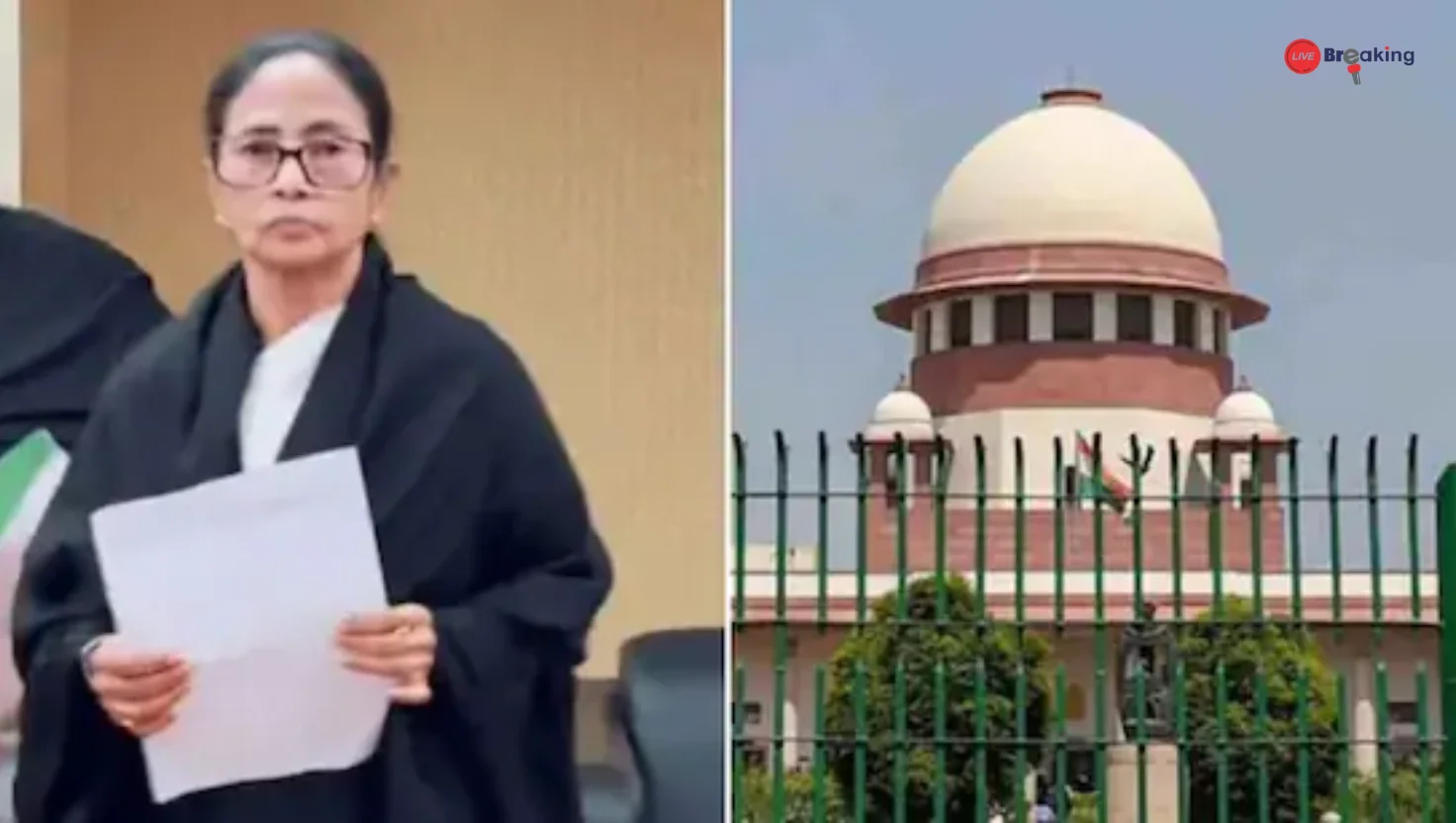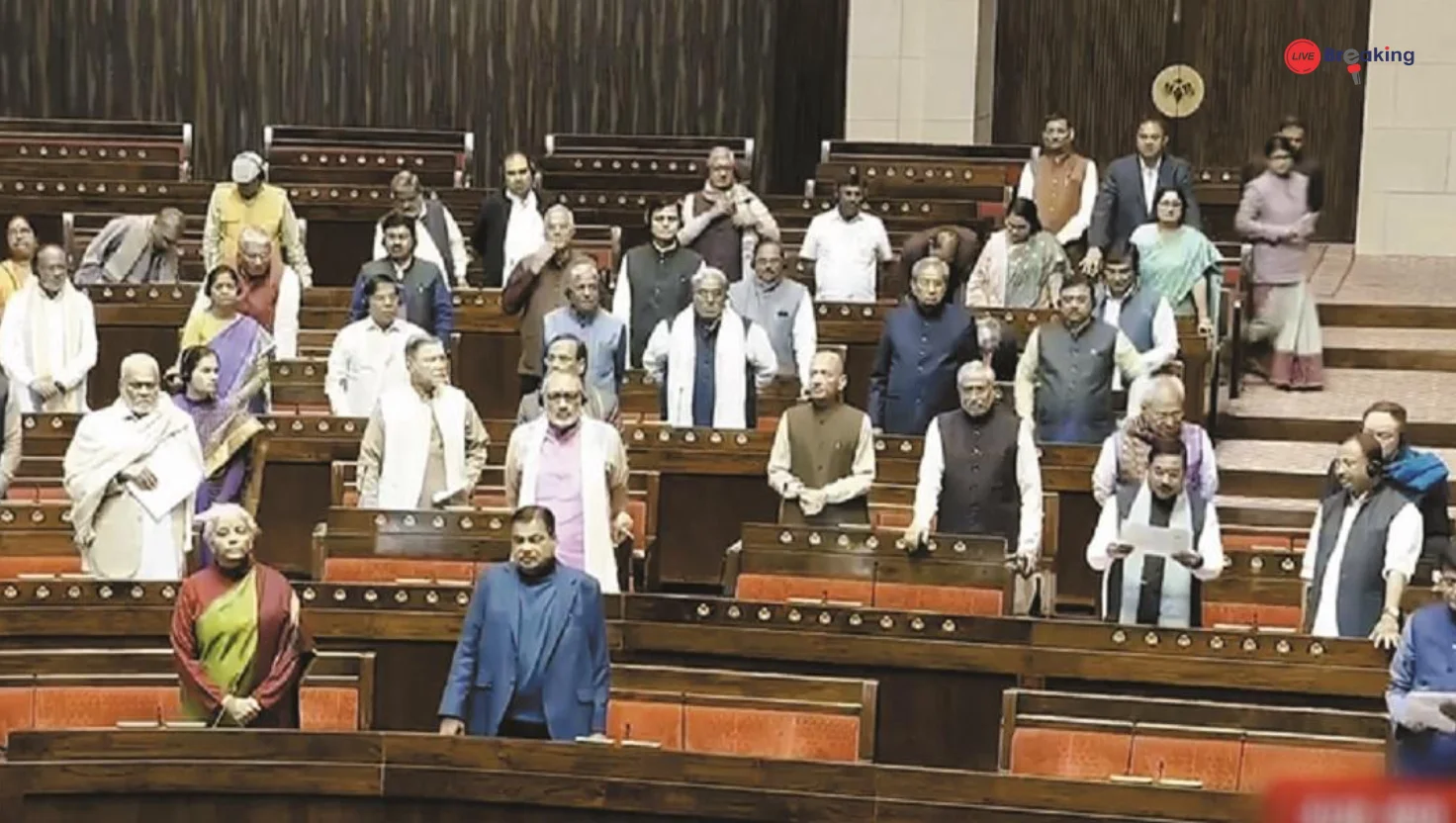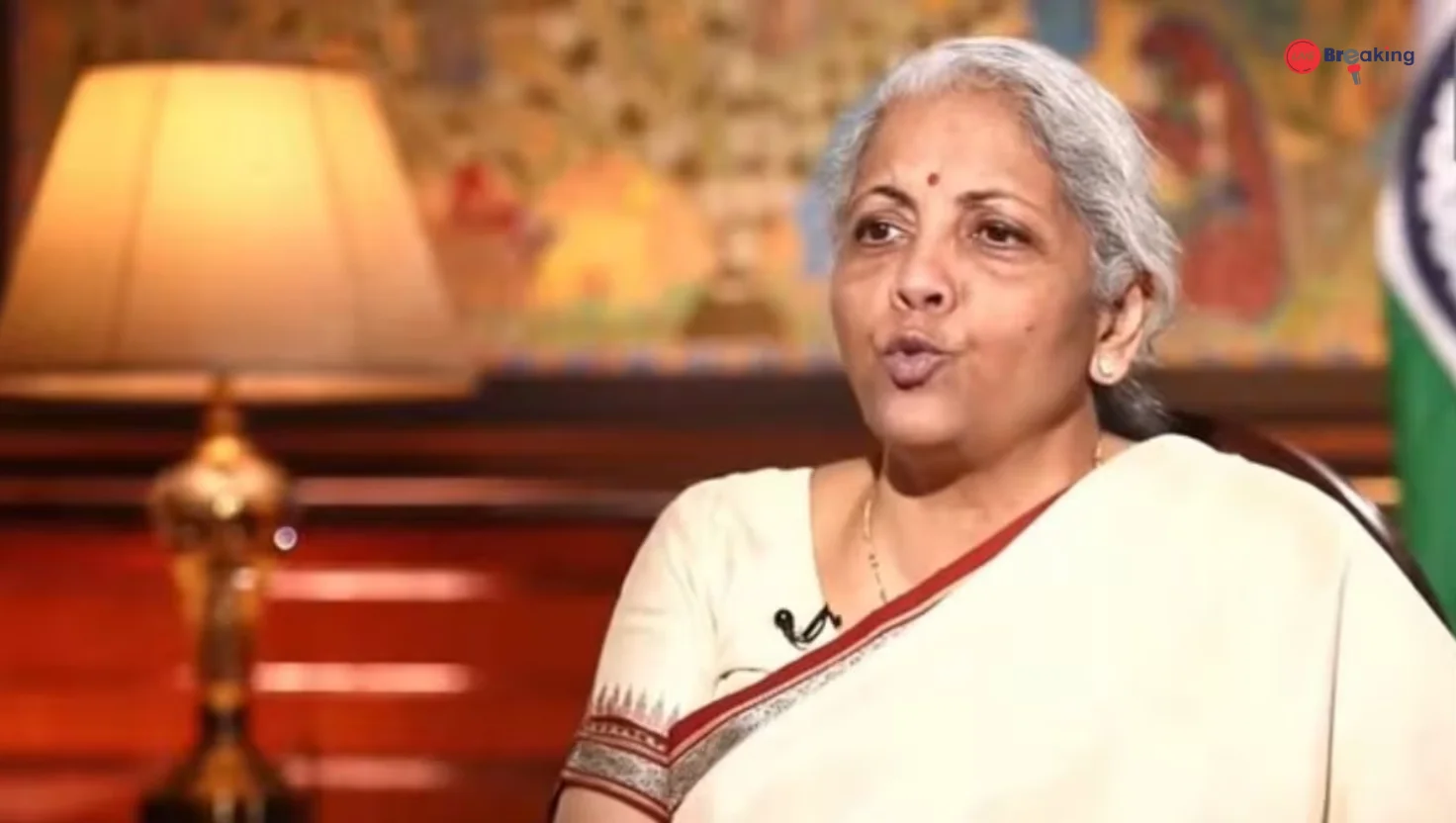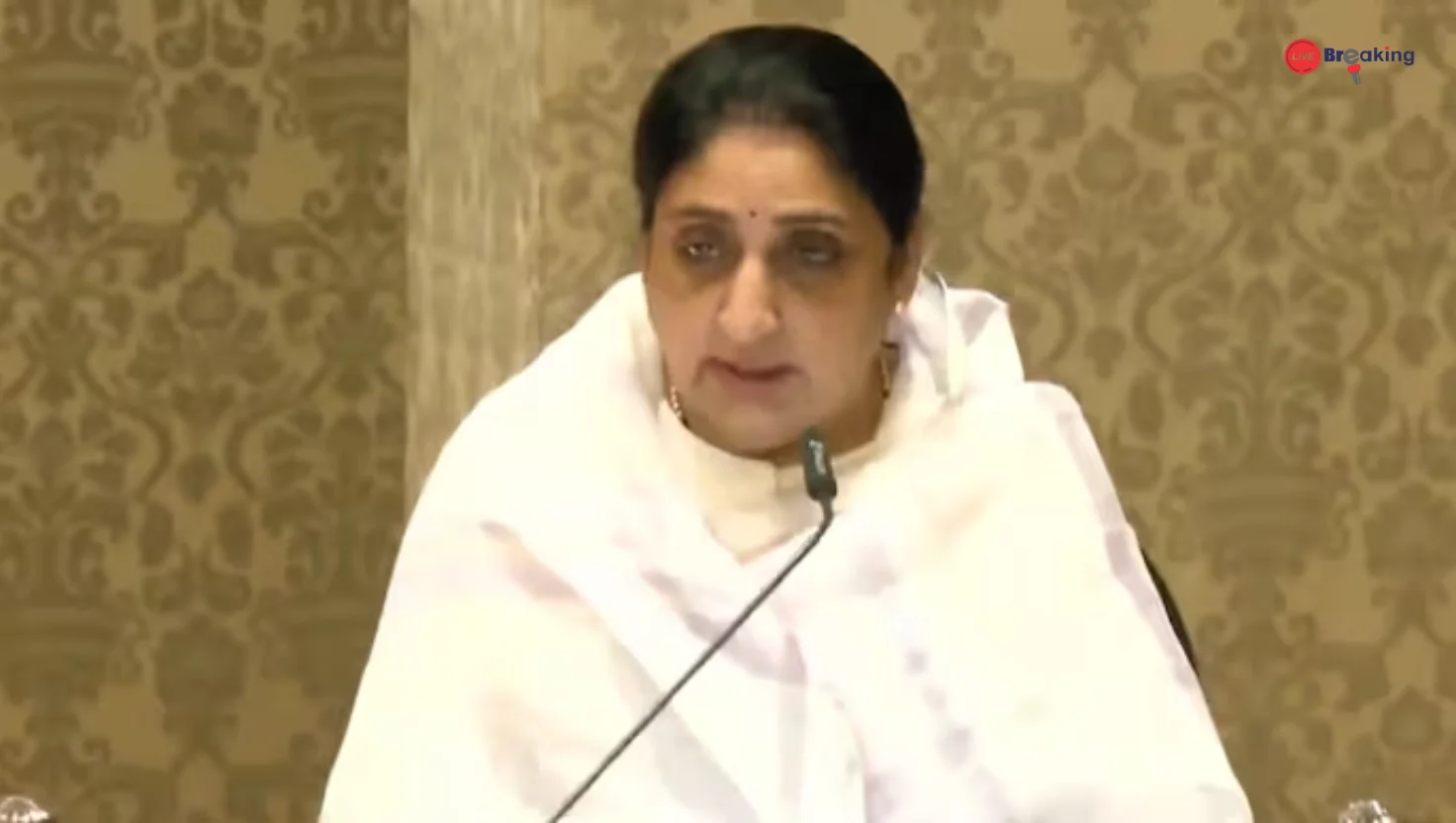Nepal’s Gen Z Weighs In: Sushila Karki or Kulman Ghising as Symbol of Change?
Nepal is witnessing a new wave of youth-led protests, largely driven by Generation Z, who are demanding accountability, transparency, and leadership that prioritizes public interest. For many young protesters, the question is no longer about party politics but about who truly embodies the values of honesty, courage, and reform. Within this discourse, two names have emerged as symbolic figures of change — former Chief Justice Sushila Karki and Nepal Electricity Authority chief Kulman Ghising.
The Search for a Moral Compass
Sushila Karki, Nepal’s first female Chief Justice, is remembered for her uncompromising stand against corruption and her commitment to judicial integrity. During her tenure, she was known for speaking out fearlessly, even when it meant challenging political elites. For Gen Z protesters, Karki represents the moral authority and judicial courage that has long been missing in Nepal’s governance system. Her presence in the debate reflects a desire for principled leadership that can safeguard justice above all else.
A Reformer Who Brought Light
On the other side is Kulman Ghising, a technocrat who transformed Nepal’s power sector. Before his leadership at the Nepal Electricity Authority, the country was mired in chronic load-shedding, with households facing blackouts lasting up to 18 hours a day. Ghising’s reforms not only ended this crisis but also symbolized what efficient, accountable governance could achieve. For the youth, his name stands for performance, innovation, and the belief that public institutions can deliver when led by capable hands.
Read more: Why Nepal Banned Social Media — And Why Protests Run Deeper Than That
Two Icons, Two Models of Change
The debate around Karki and Ghising is more than a comparison of personalities. It reflects a deeper question within Nepal’s youth movement: should protests rally behind judicial integrity and rule of law, or should they be guided by the success of practical reforms and governance? For some, Karki’s legacy offers the ethical foundation necessary for long-term systemic change. For others, Ghising’s achievements show that change can be realized through effective management and vision-driven action.
Generational Shifts in Politics
Unlike earlier generations that rallied around political parties and charismatic leaders, Gen Z in Nepal is far more skeptical of traditional politics. Their protests are not centered on ideology but on results and accountability. Whether they lean toward Karki or Ghising, the choice itself underscores their rejection of corrupt, ineffective leadership that has dominated Nepal for decades. Instead, they are searching for role models who represent integrity and delivery.
Read more: TikTok may be back in India 5 years after ban: Website opens but app unavailable
The Road Ahead for Nepal’s Youth
As protests continue, the debate between Karki and Ghising may not necessarily end in one figure being chosen over the other. Instead, it may signal a broader transformation in Nepal’s political imagination — a shift toward leadership grounded in ethics, competence, and service to the people. For Gen Z, the real victory lies not in choosing one name but in ensuring that the values these figures represent become central to the nation’s future.

